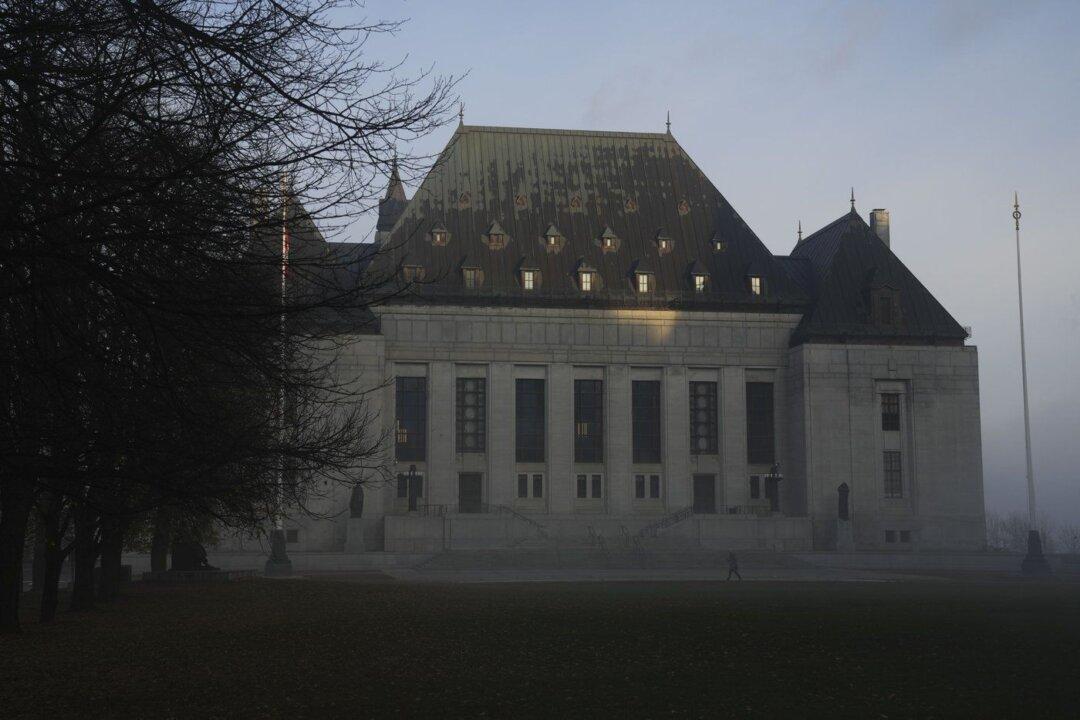The Supreme Court of Canada has upheld the murder convictions of a man who represented himself at trial but complained later the proceedings were tainted by a perception of unfairness.
In a unanimous ruling Friday, the top court said no miscarriage of justice arose in Emanuel Kahsai’s trial.





